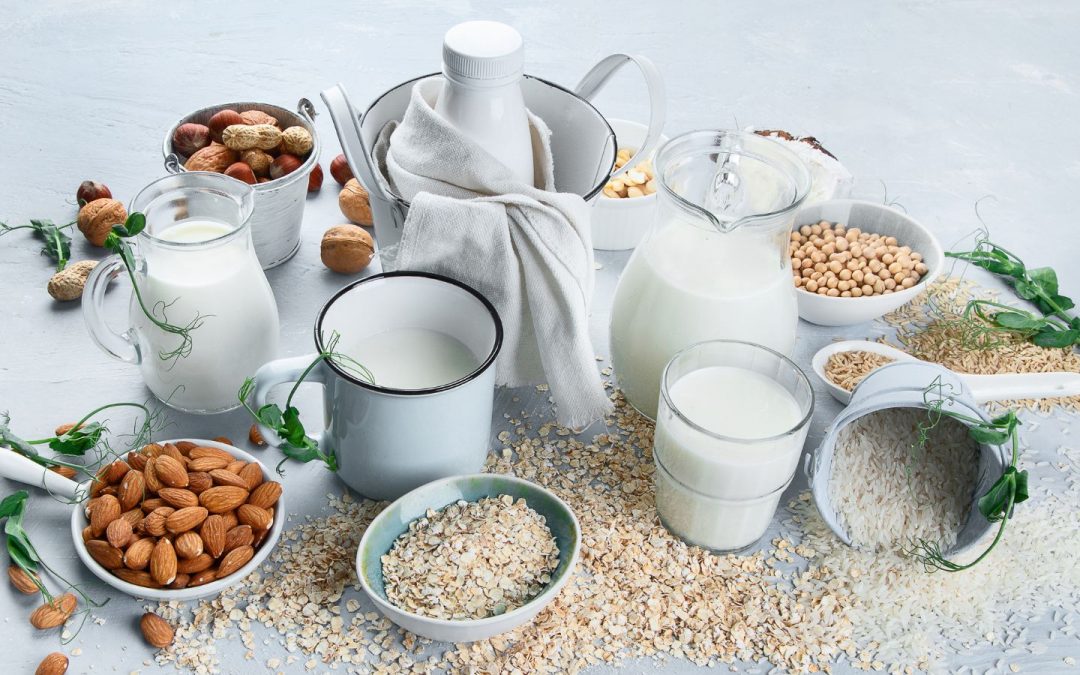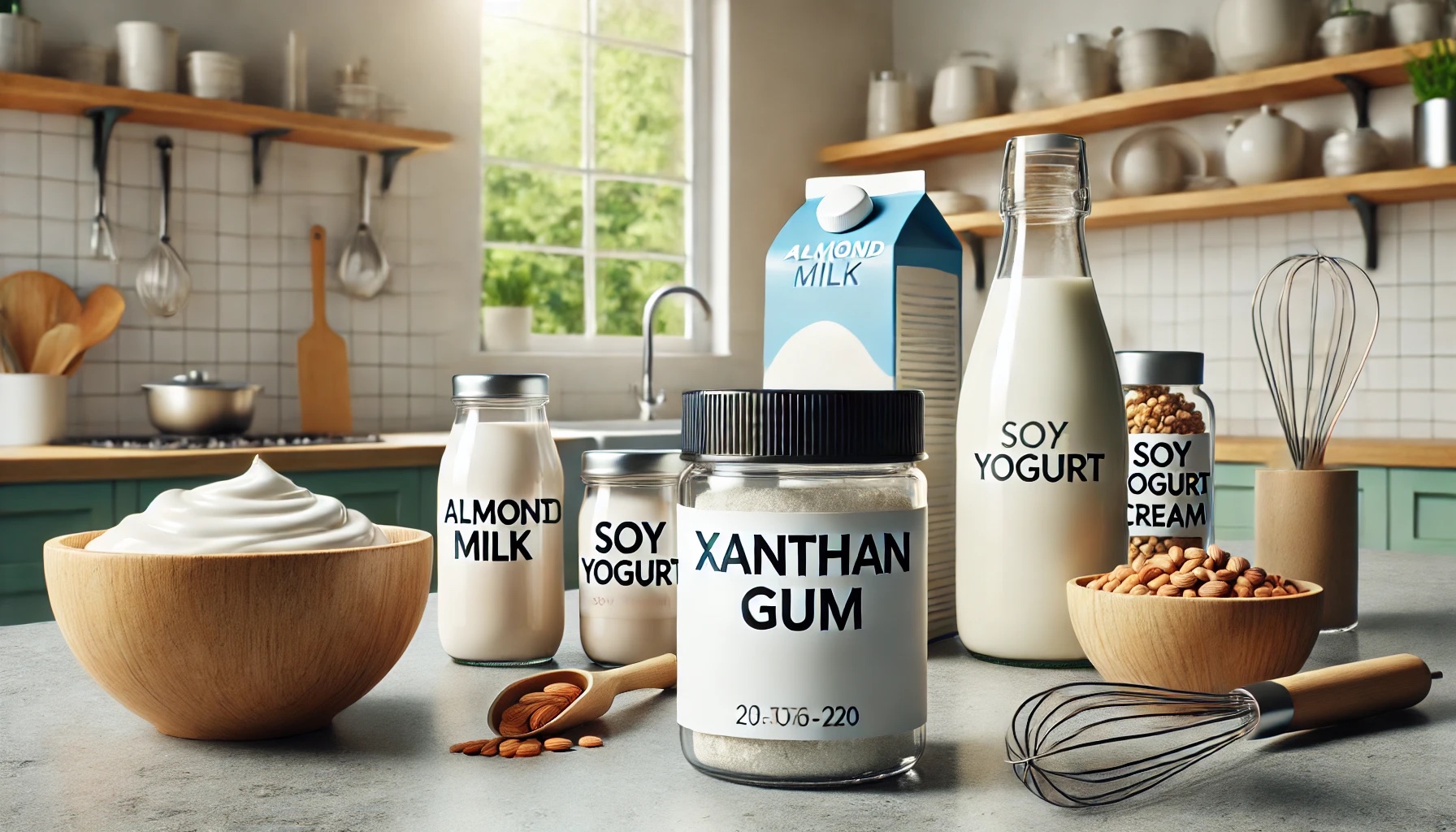Fermentation is a natural process that occurs when yeast converts sugar into alcohol and carbon dioxide. This process has been used for centuries to preserve food and create drinks like beer, wine, and spirits. But what exactly is yeast, and what role does it play in fermentation?
In this article, we explore the yeast-mediated fermentation process and its impact on food and beverage quality.
What is Yeast?
Yeast is a single-celled fungus that belongs to the genus Saccharomyces. It naturally occurs in the environment and can be found in soil, fruit skins, and other organic matter. Yeast has been used in fermentation for centuries due to its ability to quickly and efficiently convert sugar into alcohol and carbon dioxide.
The Fermentation Process
Fermentation begins when yeast is added to a mixture of water, sugar, and other ingredients, like grains or fruit. The yeast consumes the sugar, producing carbon dioxide and alcohol as byproducts.

As the yeast multiplies, the concentration of alcohol increases, inhibiting the growth of bacteria that would otherwise spoil the mixture. The carbon dioxide produced during fermentation gives beer its bubbles. It contributes to the tangy flavour in the case of sourdough bread.
Impact on Food and Beverage Quality
The quality of the food and drinks produced during fermentation is heavily influenced by the type of yeast used and the conditions in which it grows.
- Different yeast strains produce different flavour profiles, with some producing more fruity or spicy flavours. In contrast, others produce more earthy or sour notes.
- The temperature and pH of the mixture also play a role in determining the flavour profile, with warmer temperatures and higher pH levels promoting the growth of more flavorful yeast strains.
- In addition to flavour, yeast also impacts the texture and consistency of fermented foods and drinks.
For example, the carbon dioxide produced during fermentation can cause baked goods to rise, creating a lighter and more airy texture. In contrast, too much carbon dioxide can cause the dough to over-rise and collapse, resulting in a dense and heavy product.
Yeast plays a crucial role in fermentation, converting sugar into alcohol and carbon dioxide and impacting fermented foods and drinks’ flavour, texture, and quality. Understanding the process of yeast-mediated fermentation and the factors that influence it is essential for producing high-quality products.
Whether you are brewing beer, making sourdough bread, or fermenting vegetables, yeast is a key ingredient that should not be overlooked.
Ready to simplify your sourcing challenges and take advantage of the best deals on Instant Dry Yeast? Purchase with ease and convenience by buying from EasyBuy today! Simplify your supply chain and save time and money with EasyBuy.
Citations:
- “Fermentation.” Wikipedia, Wikimedia Foundation, 2021,https://en.wikipedia.org/wiki/Fermentation.
- “Yeast: A Natural Wonder in Food and Beverage Production.” Bio-Rad, 2020,https://www.bio-rad.com/en-us/applications-technologies/yeast-a-natural-wonder-in-food-and-beverage-production.
- “The Science of Fermentation.” American Chemical Society, 2019,https://www.acs.org/content/acs/en/education/resources/highschool/chemmatters/past-issues/2017-2018/the-science-of-fermentation.html.








